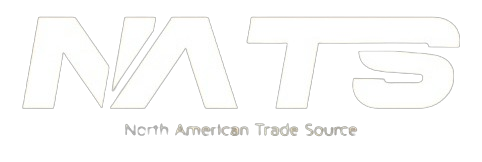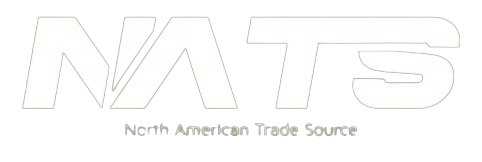
North American Trade Source (NATS) is a trusted distributor of premium oil and gas equipment, committed to delivering innovative solutions and exceptional customer service worldwide.
- 3731 W Warner Avenue, B2 Santa Ana, CA,92704
- +1 (626) 254-5642
- enquiry@natradesource.com
